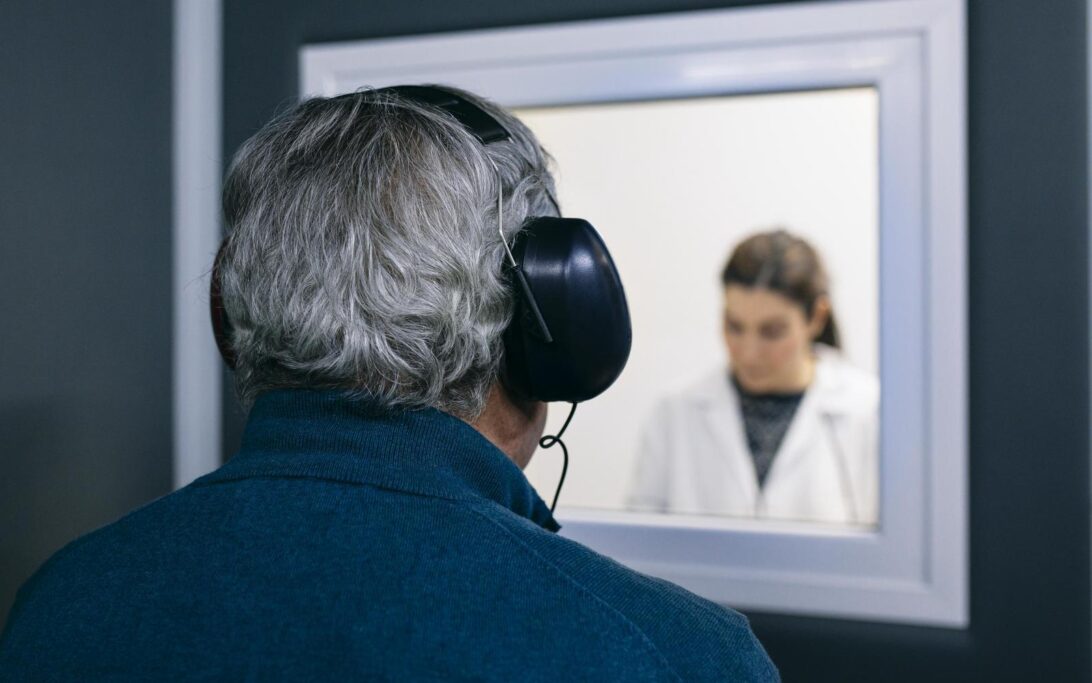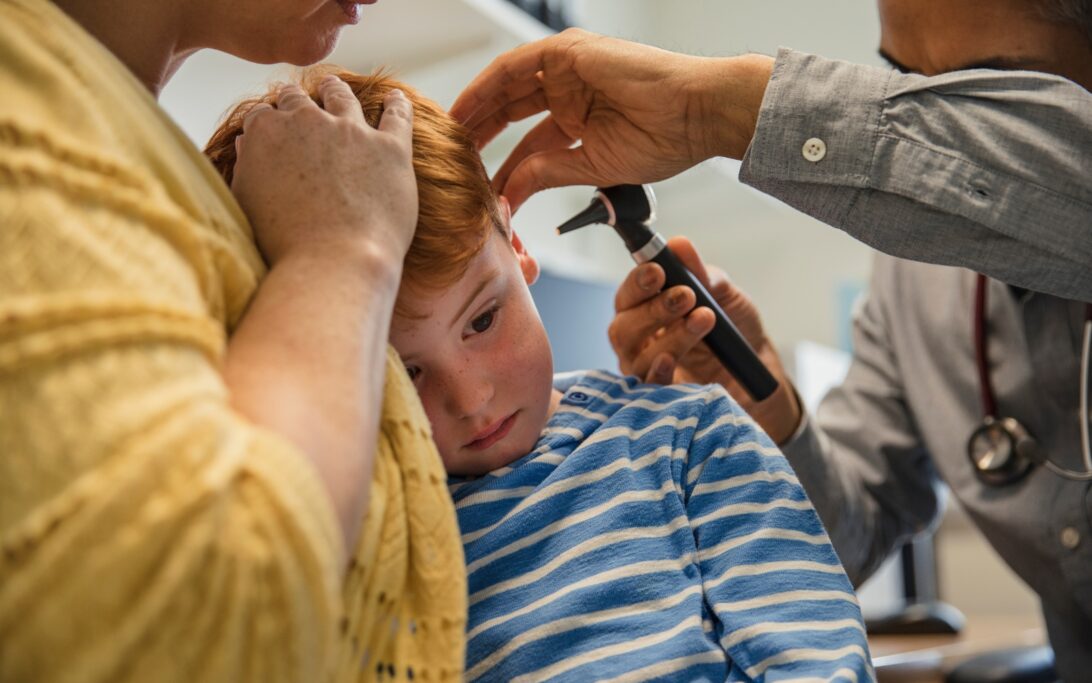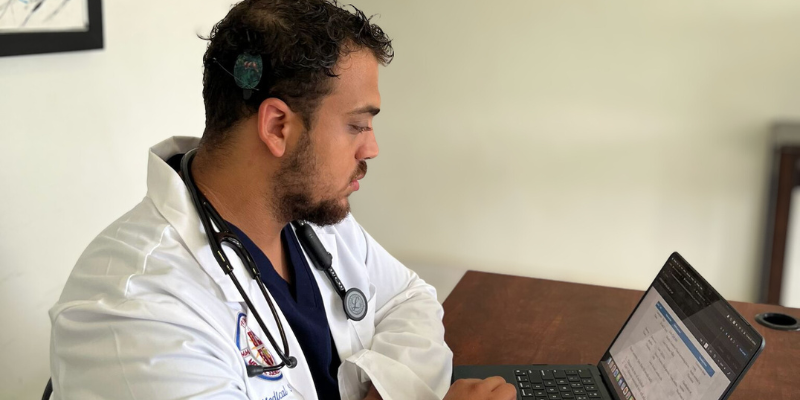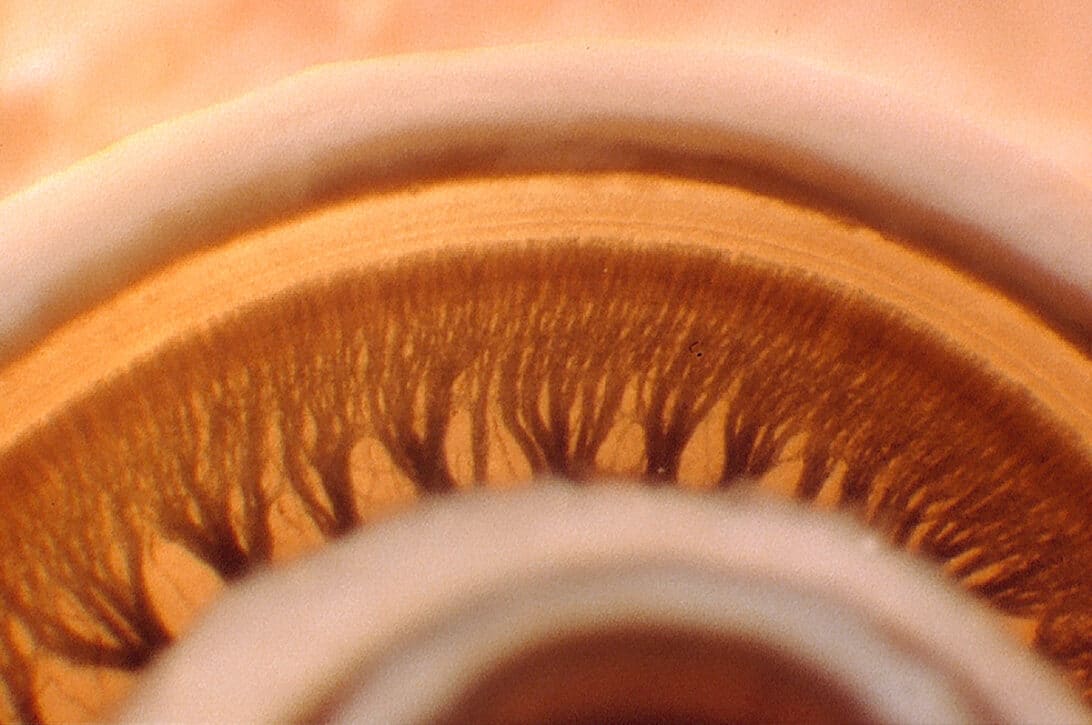
Many people notice changes in their hearing at some point in life. These changes can happen gradually or suddenly, at a young age or later in adulthood. Understanding hearing loss causes can help you make sense of what is happening and what steps you can take next.
.png)




